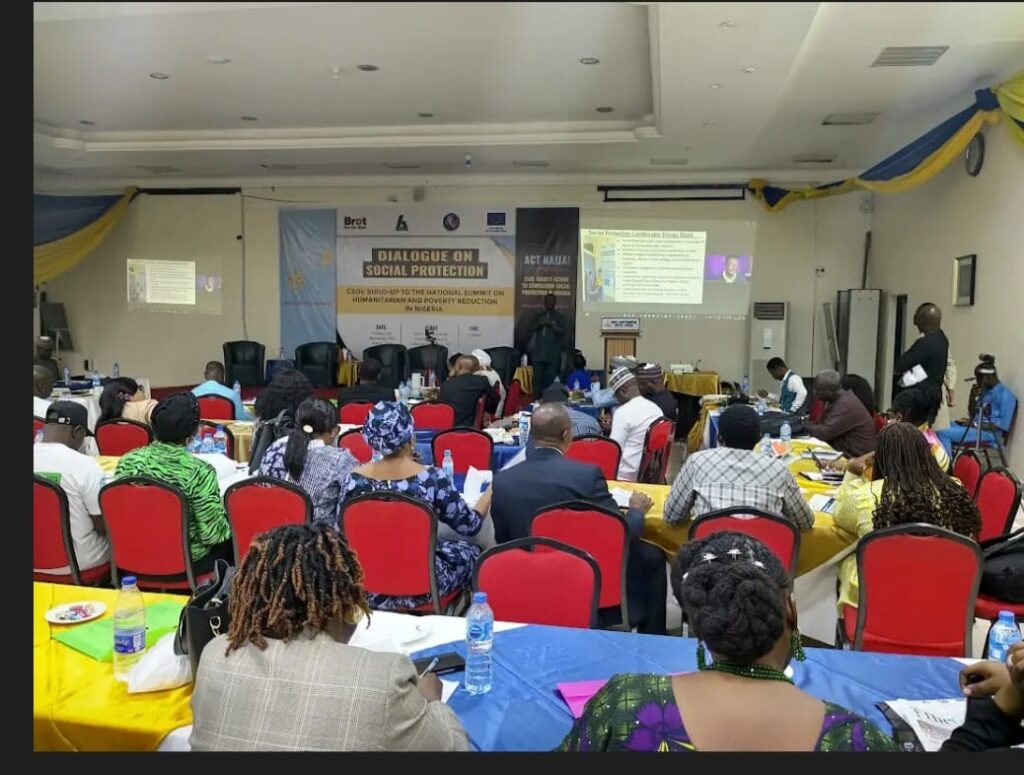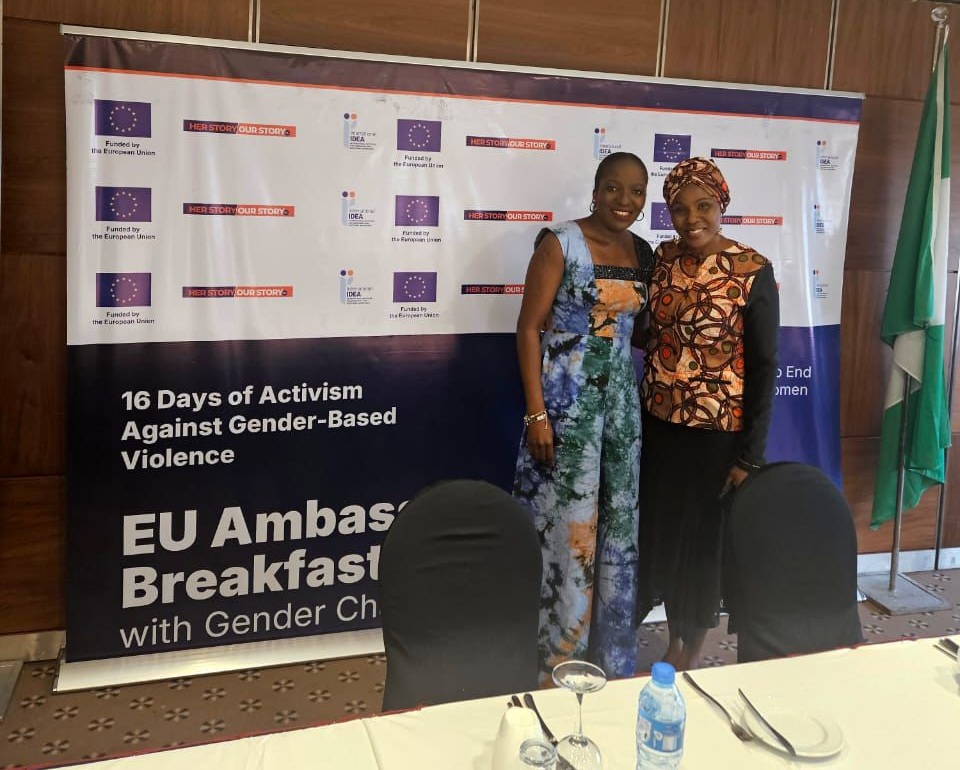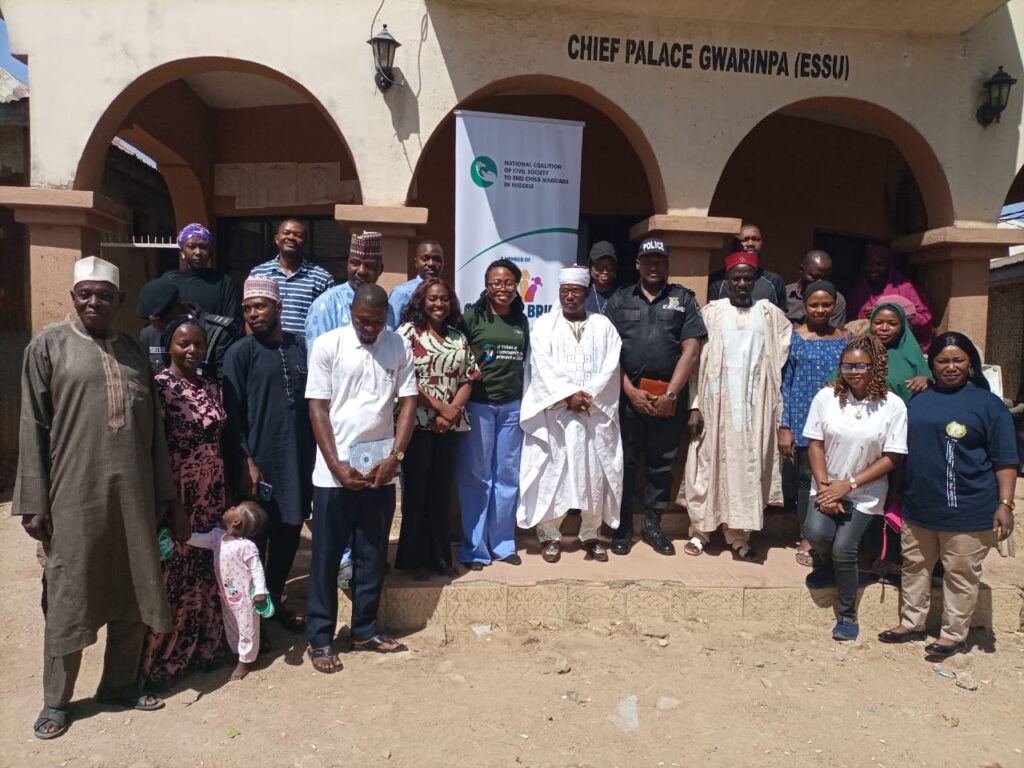
BRIDGING HUMANITARIAN NEXUS,SOCIAL PROTECTION : NOT CHARITY BUT A RIGHT
Representatives of State and Non State Actors- Local and International converged in Abuja at Reiz Continental Hotel, on the August 12 and 13, 2025 for a National Dialogue on Social Protection with the theme: “CSOs Build-up to the National Summit on Humanitarian and Poverty Reduction in Nigeria”.
The event was organised by Act NAIJA-’Civil Society Action to Strengthen Social Protection in Nigeria’, a project consortium in collaboration with the Federal Ministry of Humanitarian Affairs and Poverty Reduction.
We are aware that the absence of robust social protection systems can inflict a deep sense of pain, encompassing both material hardship and emotional distress. Individuals and families facing poverty, vulnerability, and social exclusion experience significant psychological and physical suffering due to lack of access to essential resources.
There are indeed around us the poor, poorest and chief of the poorest of the poor.
How can tracking on those who have left the poverty line or have moved into the poverty line be carried out and addressed?
WOTCLEF Head was among a group parallel breakout dialogue sessions on:
Gender, Disability & Youth Inclusion. Other three groups handled by other stakeholders were -Digital Platforms for Transparency,
Private Sector Investment ,
Cash Transfer Systems and Citizen Monitoring.
The intensive sessions began after official remarks were made by key government officials and international partners.
The event is focused on a three-year initiative co-funded by the European Union under its Human Rights and Support to Civil Society in Nigeria programme. Act Naija is being implemented by a consortium comprising Brot für die Welt (BfdW), the Africa Network for Environment and Economic Justice (ANEEJ), and the New Initiative for Social Development (NISD).
The Dialogue was to consolidate policy efforts, foster multi-stakeholder collaboration, and track implementation progress on social protection issues.
The business of the day was for the government leaders, Civil Society Actors, development partners, the private sector, and community voices gathered to review national progress, share lessons, and identify pathways to build inclusive and resilient social protection systems in Nigeria.
With so much the government claims to do, the fact remains that there is so much cynicism with the citizens because they do not trust the government.
Therefore, it is the government’s responsibility to build trust by working with Non State Actors who live with and have direct access to the grassroots.
On the other hand,citizens most take it upon themselves to hold the government accountable.
There is need for adoptive social protection for risk reduction due to so many factors such as climate change, emergencies, economic shocks, disasters, because anyone can be vulnerable at any time.
There are obviously so many gaps observed as the National Social Protection Policy undergoes a review. The informal sector must be carried along as the private sector who is more profit driven get involved.
In the parallel breakout, WOTCLEF and other stakeholders submitted that Social Protection should not be tied to political component and identified the following impediments or barriers which includes:
i.Cultural
ii.Religious
iii.Social norms
iv.Attitudinal
v.Unhealed Trauma
vi.Institutional
vii.Infrastructural
viii Informational ix.Medium of communication
x.Non inclusiveness
Experts took time at different panels to discuss –
1. Understanding the Institutional Coordinator Mechanisms for the Implementation of Social Protection Interventions
2. Towards a Unified Protection Framework
3. Legal and Institutional Reforms for Inclusive Protection in Nigeria
A communique will be shared by organisers in due course.


